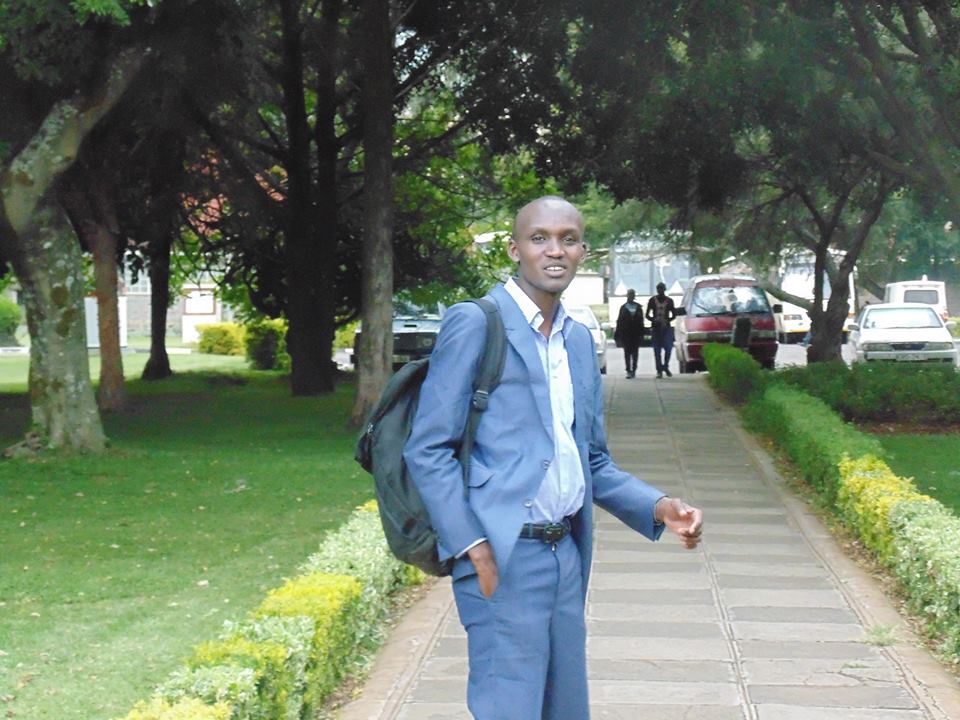I have grown up venerating or having indifferent feelings about members of the third estate. Civil society has been at the very heart of reform for the better in the country. In Kenya the civil society has been the voice of reason for long, the alternate force that sanitizes state power. I still have vivid memories of newspapers plastered with pictures of bloodied civil society activists in Kenya. I remember the mysteries of men who met fate in the most fateful of ways. I have memories of personalities who kept their heads when others around them were fixated on maintaining a tight grip on state power or getting their grip on state power. Through my interaction with several institutional administrators I have realized that civil activism has always faced strong head-winds against it. Activism of any kind in Kenya almost attracts negative perception.
In the past, civil society activists stood on principle, unfettered and un-intimidated by the state and the powers that accrue to central authority. True as they say, good things do not last. I have seen the dilution of civil society, the weakening of the very structure that Kenya’s public relied on as a harbinger and purveyor of truth. I have seen integrity trampled on by the very same people that stood on a pedestal of integrity. I have seen the reign of reason replaced by the reign of greed, and kleptocracy.
In other words, civil society is not the sacred cow it used to be and I am wondering what can be done to sanitize it. I am seated here writing this wondering whether libertarianism can help breed a new generation of civil society personas that can help extricate Africa from an all too common path of economic regression. I have seen avowed defenders of principle jump fences, join government and metamorphose into the most corrupt bureaucrats the country has ever seen.
In light of the withering third estate in Kenya, I am wondering aloud if libertarian principles can help sanitize civil society and bring credence into the system, by also bringing good reputation to civil society once more. For starters libertarians do not suffer from infatuation with state power that the left and the right are all about. As such the libertarians are much less likely to bend principle for the allures of state power.
Civil society in Africa needs new voices, new dimensions, new voices that are value laden and objective, and has potential benefits for the governance and policy making in Africa. I have seen my fair share of civil society activists in my life, clamouring for all sorts of different things, but none of these activists ever proscribes a formula of getting these things. Civil society activism has become empty; rhetoric coming from the third estate has been empty offering no real solutions. A few years back, there was clamour around what Kenyans called the Unga Revolution or the Maize Flour Revolution, a revolution that was supposed to be homologous to the French revolution, but modern day activists are hollow and shallow nothing short of a new order in resource governance came out of the Unga revolution.
Libertarianism can help sanitize civil society; they can help find solutions to loads of malaise in African society. Mostly because libertarians are not only and always about pinpointing systemic failures in economies and societies they draw, libertarians proscribe solutions that largely draw on historical empiricism. Africa needs a civil society, which not only understands our poverty, but also provides pragmatic solutions that guide us out of that poverty; Africa needs a civil society that understands the state of un-freedoms and human rights abuses but a civil society that can lead the African people to the achievement of freedoms and human dignity.
Libertarians must start making footprints in civil society; the libertarian voice must start reverberating in African politics, African economics and African society. Libertarians must start contributing to positive progress and change by making strong footprints and impressions in civil society. Libertarians can show that there is more to civil society than street matches and carrying placards. Libertarians can help cascade knowledge that had hitherto been the preserve of the elite to all in African societies. They can educate society, to have much less expectations on government and government shall subsequently become much less overbearing. Libertarians can educate society to be less and less faithful on government and have faith in rational actors in society; enterprises and individuals. Africa will change when confidence in her people is spiked up, and it is our duty to make that happen.
Alex Njeru Ndungu works with the Eastern Africa Policy Centre



